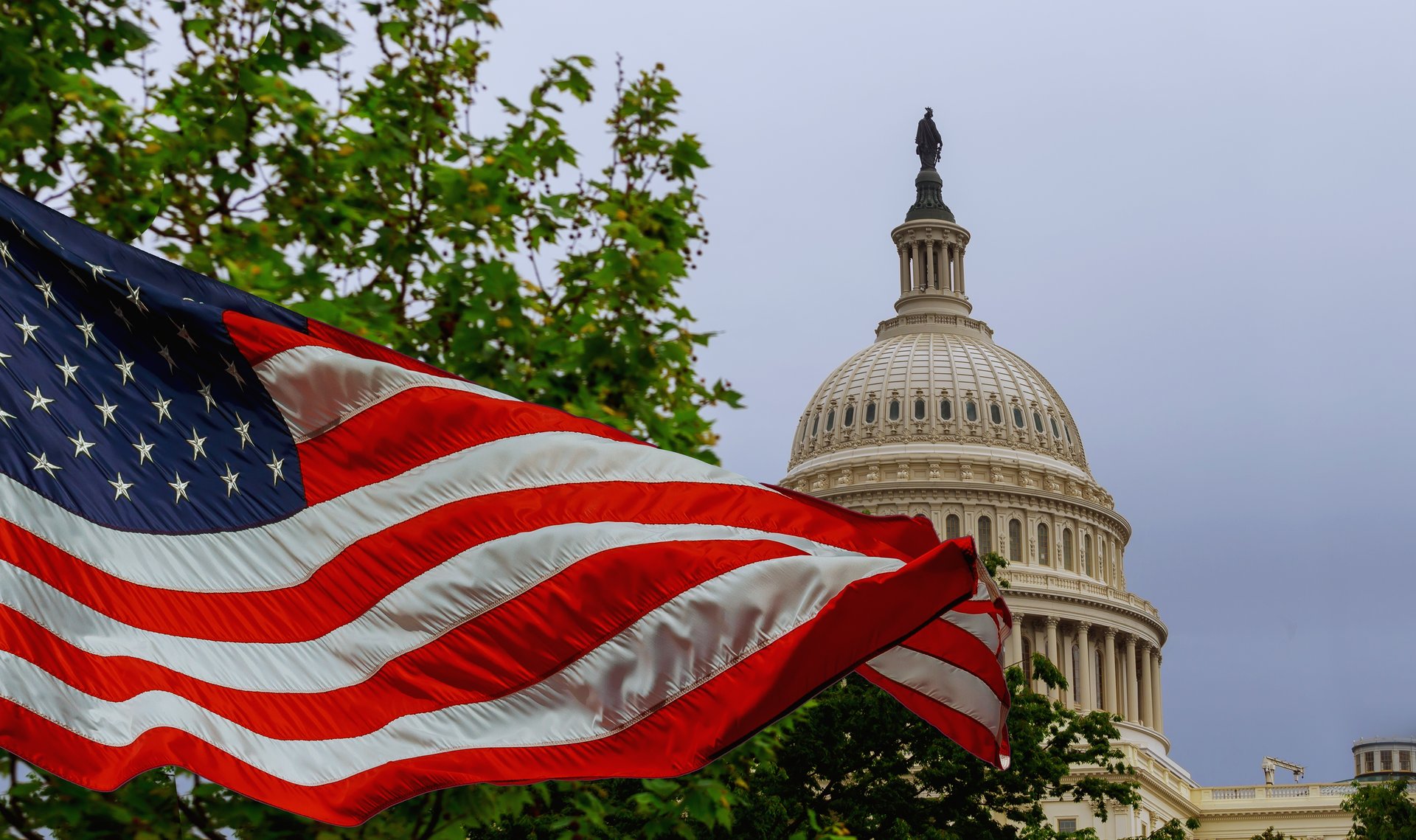ISSUE: The Department of Labor (DOL) has proposed an exemption to allow employees, agents, and representatives of financial institutions to receive compensation, such as commissions, that would otherwise violate the prohibited transaction provisions for IRAs and other retirement plans covered by ERISA law. The proposal would also align DOL rules with the Securities and Exchange Commission's (SEC's) Regulation Best Interest and remedy issues raised by the 5th Circuit Court of Appeals in a June 21, 2018, decision that vacated the DOL's previous fiduciary rule.
BACKGROUND: In 2010 the DOL began working on a complex regulation that would apply to financial professionals who provide investment advice to participants or sponsors of retirement savings plans, including 401(k) plans and IRAs. The DOL’s 2010 proposal was withdrawn after objections by Members of Congress from both parties.
After withdrawing its 2010 proposal, the DOL sought only limited input from stakeholders as they re-drafted the rule nor did they collaborate in a significant way with the Securities and Exchange Commission (SEC) or with Financial Industry Regulatory Authority (FINRA). As a result, the 2015 re-proposal was equally as concerning as the 2010 proposal. Under the 2015 proposed regulation and the new “Best Interest Contract” Exemption (the BIC exemption) advisors would only be able to receive commissions and other forms of “conflicted compensation” under very stringent conditions. The BIC exemption required a contract between the advisor and financial institution that prominently disclosed conflicts of interest, and directed consumers to a webpage disclosing the compensation arrangements. It also required the financial institution to warrant that it had adopted policies and procedures designed to mitigate conflicts of interest. The proposal also limited the kinds of education that could be provided to a plan sponsor or participant without triggering fiduciary obligations. After testifying before Congress and the DOL, lawmakers introduced bipartisan, bicameral legislation that provided consumers with the necessary protections, without limiting access or increasing the costs of advice.
On April 8, 2016, the DOL issued a final rule with certain portions becoming effective on June 9, 2017, and the remainder of the rule delayed the until July 2019. NAIFA’s testimony, meetings and other efforts on the proposed rule had a tangible impact and resulted in significant changes reflected in the final rule. However, serious concerns remained that if fully implemented without significant changes, the rule would disrupt the marketplace and result in higher costs and reduced access to advice leading NAIFA, the ACLI, NAIFA-Texas, and several of NAIFA’s local associations in North Texas to bring litigation against the DOL.
On March 15, 2018, the Fifth Circuit Court of Appeals ruled in favor of NAIFA and vacated the DOL fiduciary rule. On April 26, 2018, Attorneys General for California, New York, and Oregon filed a motion to intervene in the 5th Circuit DOL case. That request was denied. The DOL did not appeal the decision and the formal mandate ensures the regulations that would have made it difficult or impossible for advisors to serve clients with modest or moderate means are not just delayed, but fully null and void.
To ensure a successful outcome and fulfill the commitment to protect our members and the Main Street families they serve, NAIFA engaged all three branches of government with an “all of the above” strategy that included legislative alternatives, substantial changes from regulators to their proposal, including delays in the effective dates, and litigation.
On June 29, 2020, DOL proposed an exemption to allow investment advice fiduciaries to receive compensation, including as a result of advice to roll over assets from a Plan to an IRA, that would otherwise violate the prohibited transaction provisions of ERISA and the Code.
At the same time, the DOL issued a final rule to effect the vacatur of it’s 2016 fiduciary rule. This final rule reinstates the 5-part test to define investment advice fiduciaries, and returns PTE 84-24 to it’s prior form. This document takes the administrative steps necessary to conform the regulatory text and the text of the previously granted PTEs to the Fifth Circuit’s ruling.
The proposed exemption applies to properly licensed registered investment advisers, broker-dealers, banks, and insurance companies and their employees, agents, and representatives who provide fiduciary “investment advice” delivered to ERISA Plan participants or beneficiaries with authority to direct investments account assets, IRA owners, and fiduciaries of Plans or IRAs.
NEXT STEP: SEC Regulation Best Interest proposal is finalized, following NAIFA meetings with the Chairman and with most of the Commissioner’s offices. Similarly, NAIFA has filed comments with the DOL on the proposed exemption and continues to be involved with regulators on its implementation.
As a recognized industry leader, NAIFA will work with lawmakers and regulators to make sure that members can continue to serve Main Street families as they plan and prepare for a secure financial future.









